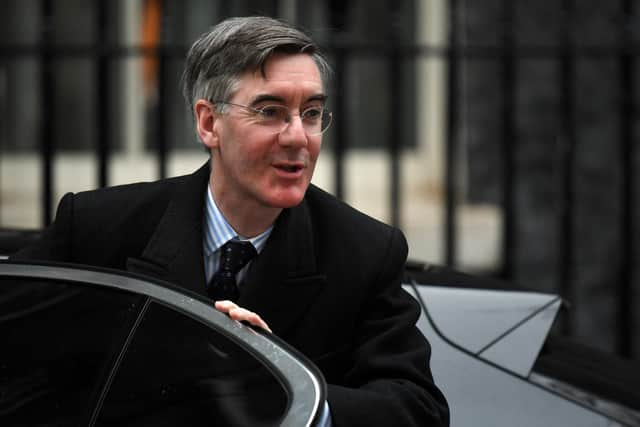Labour set to include class in equality laws
Under draft proposals ahead of its manifesto launch for the next general election, Sir Keir Starmer’s party is looking at enacting a “socio-economic duty” in the Equality Act.
This would legally require public bodies to consider how their decisions, such as council resources, would increase or decrease inequalities as a result.
Advertisement
Hide AdAdvertisement
Hide AdThe plans revealed by the Mail on Sunday, were dubbed a “class war” on Middle Britain that would divert money away from middle class areas and into poorer communities.


Former Cabinet Minister Jacob Rees-Mogg told the paper: “Once again, the Starmer mask slips.
“A man who stood on a hard-Left, Corbynite agenda to win the Labour leadership would deliver a hard-Left attack on already hard-pressed rural and suburban areas. This is a declaration of class war on Middle Britain.
“It's the same old socialist mantra: make everyone equally poor by taking a scythe to success rather than by seeking to make everyone more prosperous.
Advertisement
Hide AdAdvertisement
Hide Ad“Sir Keir's message to Middle England is this: "Read my lips, higher taxes" – which will be accompanied by worse public services.”
A Labour source told The Yorkshire Post: “These documents are draft, internal documents subject to deliberation and amendment, and not a final statement of party policy.”
Research conducted by Greater Manchester Poverty Action last year found that no council in Yorkshire had voluntarily adopted the duty, 95 per cent of which said that they had no plans to adopt it in the future.
However, the research found that a high percentage of local authorities were making a commitment to considering socio-economic status more broadly when developing policies, with 61 per cent in Yorkshire committed to the idea.